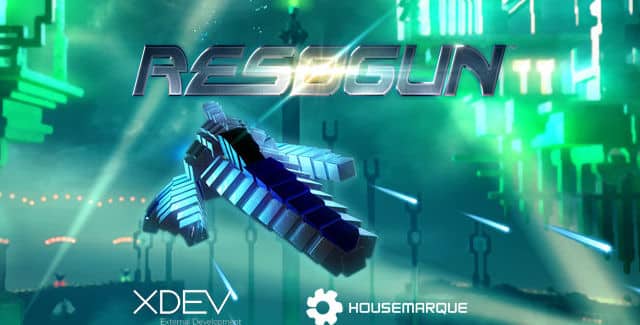

Once you’ve learned what you’re up against, it’s easy to step into a room and immediately identify flying enemies, slow-moving crawlers, stationary turrets, and dangerous foes that can teleport around the arena. Enemies have distinct shapes and colors, and their projectiles are bright and display the nature of their danger immediately.

The run-and-gun nature of Returnal’s alien encounters feels great and does a wonderful job of communicating a lot of information to you in a short amount of time. And defeating a boss makes them optional in future runs, but most of the time your success relies on equal parts skill and luck from the RNG (random number generator) gods. There are some permanent stat upgrades, weapon growth, and tools to be found throughout the world that make subsequent runs easier or give you access to various shortcuts and new areas. Like 2020’s beloved Hades, the game is cognizant of the loop of progress, death, a bit more progress, and another death.īut while Hades leaned heavily on various forms of meta-progress that would carry over throughout each run, a bulk of your success in Returnal hinges on what you’re able to gather each time you trek out from the wreckage of your ship. She finds herself stuck in a Groundhog Day-esque cycle where each death tosses her back to the moment she made planetfall. And I use the word loop quite literally, as you play as a cosmonaut named Selene who has crash-landed on a mysterious and dangerous planet named Atropos. Like most other games in the roguelike genre, death is baked into the very core of Returnal’s gameplay loop. And while there’s no doubt that it’s about as tough of a game as we’re used to seeing in the AAA space, that difficulty is generally earned and mostly fair… until the frustrating moments that it isn’t. Particularly, there’s how that unflinching challenge is amplified by not being able to save your game mid-run, the lack of any sort of options to make the game easier or more accessible, and some nagging technical issues. It takes the white-knuckled action and aggressive combat dance that made its previous games so memorable and marries them with a gorgeous 3D presentation, wonderful use of the DualSense controller, and the kind of deep, mysterious, and well-told story that we’ve come to expect from games published by Sony.īut while there’s a lot to love and talk about when it comes to Returnal, it feels like the topic that’s come up most during its first few days of release has been its high degree of difficulty. Developed by Housemarque, the Finnish studio best known for carrying the arcade torch with games like Super Stardust HD and Resogun, Returnal is a clear evolution for the team. It’s starting to feel a lot like we’re actually in the new generation of consoles thanks in part to the release of Returnal on PlayStation 5.


 0 kommentar(er)
0 kommentar(er)
